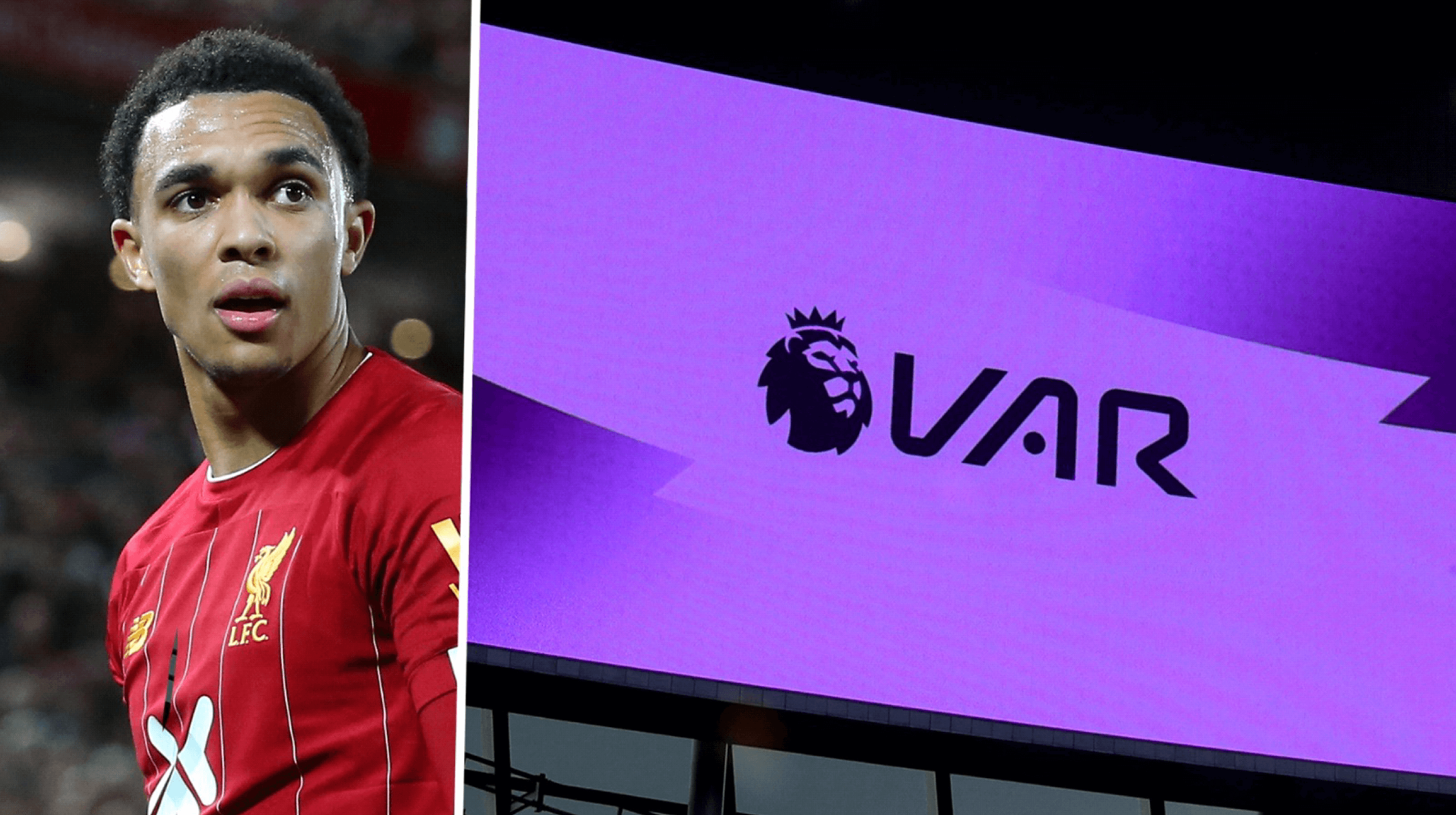In today’s world, fans and experts can argue about what is the main factor that drives modern football – money or technology. A separate question would be whether the changes are for the better or worse. The fact remains that tech influences the discipline greatly. Video Assistant Referee is a perfect example and Liverpool FC knows it well.
There is a place where rules have to be as detailed as possible, like in a court of law. And sometimes, we need a set of principles to establish a general way of behaviour. In a game, especially a competitive one, all interested parties have to know precisely what they can and cannot do, to deliver excellent performance, and ultimately win. In some cases, it’s pretty straightforward. You know what you need to do to beat your opponent at chess. You have to follow the logic to come on top in puzzles and games of wit. The rules of poker won’t be changed at will to make it more fair or exciting for people to watch, but in more dynamic games and contact sports, a little tweaking might be necessary.
Football is a great example where established rules have to be firm, to protect the players and make it equal for everybody. But at the same time, the rules cannot be too rigid. Not every push is a foul, not every slight handball inside the box is a penalty. There has always been some room for interpretation in the game, although the idea is to minimize the number of unclear situations. The problem is when they eventually appear, the referee has to be able to observe them promptly. VAR system was designed to give him a second chance to watch the part in question, instead of guessing when in doubt.
And this is exactly what VAR does, although, by any means, it isn’t a perfect solution, and it was met with scepticism even before its introduction. The main criticism about it seems to be the interruption time caused by waiting for the decision. Of course, sometimes the VAR team works better, sometimes their actions can take up some of the game time. It depends on the situation. Plus, people are just people. The same goes for the main referee who can, for example, wrongly assume there was no need to check anything on the screen and carry on with the game.
The right question about VAR should be whether we can make it work better. Surely, there is room for improvement, as the system seems to be implemented more effectively in some countries than others. There’s a lot of controversy about its usability in the Premier League, where some of the decisions left us scratching our heads on a few occasions. The last match between Chelsea and Tottenham resulted in a particularly unfortunate outcome. Giovani lo Celso not only wasn’t punished for a dangerous tackle on Cesar Azpilicueta by a referee but also people from VAR didn’t find it worthy of a red card. They admitted their mistake after a while. This kind of thing cannot happen, and it is something the Premier League has to work on in the future.5



